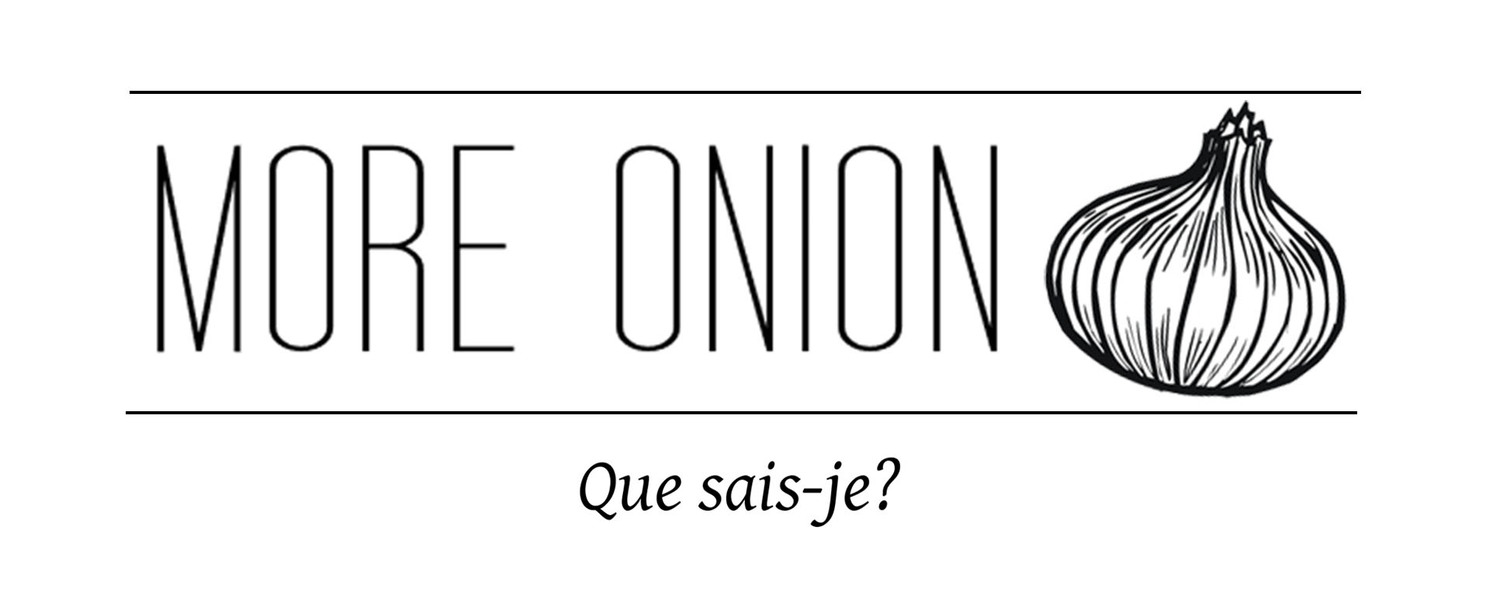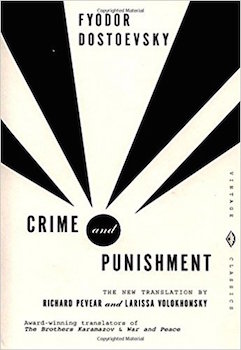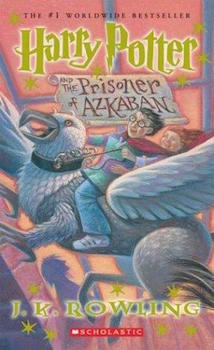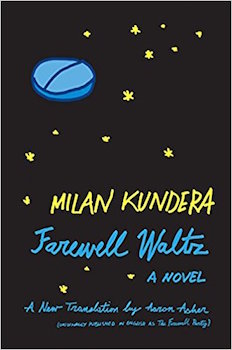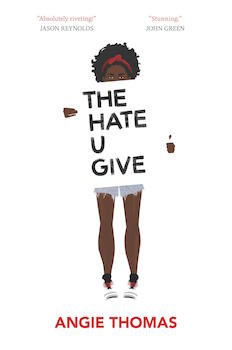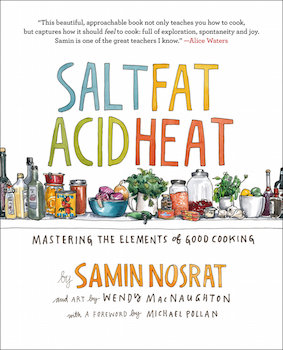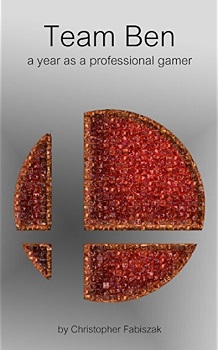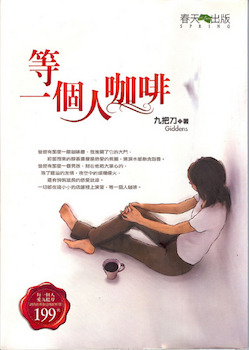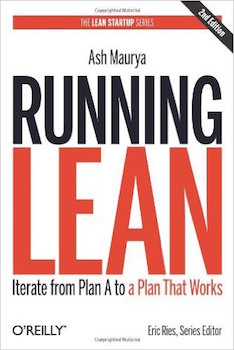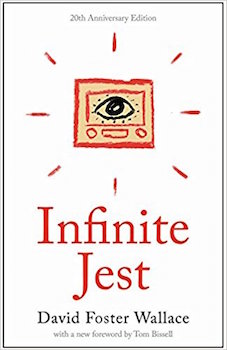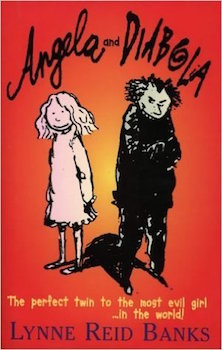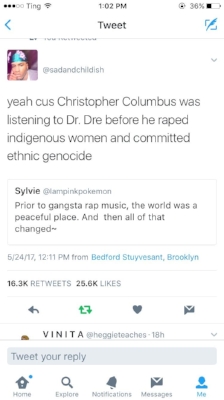Books of May 2018
Never Let Me Go - Kazuo Ishiguro
If you're interested in a book about bitterness and memory and love and loss then read Never Let Me Go.
Never Let Me Go revolves around Kathy and her two friends, Tommy and Ruth, who all went to the same boarding school in England, Hailsham. Even though the story is narrated by Kathy in the present, many years after their time at Hailsham, most of the book takes place in Kathy's memories.
The book starts out pretty confusing, because Ishiguro doesn't give you a lot of context or background before jumping into flashbacks, and the backstory unfolds very slowly. It reminds me a lot of the manga The Promised Neverland, especially the first arc where you feel that something fucked up is going on beneath the idyllic surface, but it's not revealed exactly what it is until much later. A big part of the enjoyment of this book for me was just figuring out what's going on, but not in a mystery thriller exciting way. There are no strong emotions or big tense climatic buildups in the book- instead, emotions are gently diffused across the story, felt more as soft undertones. They color the book and their influence is obvious, but they're never overtly in your face.
I really admire that kind of dreamy quality in writing. I think it's so hard to get that type of very subtle mood right, and that style feels especially appropriate given that most of the book takes places in flashbacks, because it imbues the book with a very soft nostalgic feel.
As an interesting sidenote, I talked to my friend Keva about it, and her thoughts on the book were: "to me its a rumination on the constructed sociopolitical category/species of the human and a speculative account of eugenics," which is a completely different takeaway, so YMMV.
Flavors of Empire: Food and the Making of Thai America - Mark Padoongpatt
If you're interested in Thai food in America and how seemingly innocuous areas like food reflect asymmetrical relations of power, then read Flavors of Empire.
Flavors of Empire is about Thai food in America, specifically in Los Angeles. It examines why there are so many Thai restaurants in America, and explores how food is much more complicated than what most people imagine, using food as a way to demonstrate how socioeconomic and cultural structures of power extend to unexpected areas. In particular Padoongpatt presents food culture as a manifestation of how "the relationship between white culinary appropriators and the groups they extract from are deeply embedded in historically constituted relationships of power."
The book covers America's burgeoning interest in Thai cuisine during the Cold War, how Thais established Thai foodways in America, the boom in Thai restaurants in the 70s and 80s in LA, Thai food festivals in American suburbs, and the creation of Thai Town in East Hollywood. Along the way, he examines how neocolonial relationships established circuits of exchange between Thailand and America, how Thais grappled with race, gender, and class structures in the restaurant industry, how food festivals challenged the "white spatial imaginary of the neighborhood," and how "food buttresses white supremacy through well-meaning, liberal racism exemplified by a love and passion for ethnic food."
Flavors of Empire is an academic text and some parts feel a little dense, but overall it's not too bad to get through. I learned a lot from it, and I thought it was an incredible book- one of my favorite non fictions of the year.
倚天屠龍記 - 金庸
If you're interested in some hype wuxia then read 倚天屠龍記.
倚天屠龍記 is the last of the 射鵰三部曲, the Condor Trilogy, and takes place near the end of the Yuan dynasty. Centered on 張無忌, in the story his parents pass away, he gets injured heavily as a kid, almost dies, and becomes incredibly OP through some even more incredible luck- pretty standard 金庸 stuff.
張無忌 is a fun character to read about, mostly because over the series he becomes insanely strong. After he learns 九陽神功 and 乾坤大挪移心法, there's basically no one on his level, unlike the first two books in the trilogy where there was always the 天下五絕. He sits heads and shoulders above everyone else, and that's satisfying to read in the same way watching the Hulk beating people up is satisfying. The 2-3 chapters where he fights to defend 明教 on the mountain are the most hype chapters in any 金庸 book I've ever read.
He's also very loyal and righteous, which are admirable qualities, but despite his superhuman skill he gets led around by other people all his life, and has no real sense of direction or purpose. Because of that he's my least favorite of the three protagonists in the Condor Trilogy. 范遙 describes it well in the book: 張無忌武功既高,為人又極仁義,實令人好生心服,只是不夠心狠手辣,有些婆婆媽媽之氣,未免美中不足. Most of his major struggles in the book are with different women who like him, which just isn't as compelling or sympathetic as 楊過 who fights for a taboo love or 郭靖 who balances his personal desires with his commitments to his masters and his country.
倚天屠龍記 's supporting cast is great though, especially the sect that he is in and 明教. The sect is small, everyone is super close, and the 7 disciples are all super good people, and 明教 also has a lot of interesting antiheroes.
Helen and Troy's Epic Road Quest - A. Lee Martinez
If you're interested in a refreshingly fun take on road quests and modern day mythology then read Helen and Troy's Epic Road Quest (one of my favorite A. Lee Martinez books!).
Helen and Troy's Epic Road Quest is about Helen, a modern day minotaur, and Troy, a very attractive and talented Asian guy and their road trip across enchanted America. Both in high school, and both working at the same fast food burger place, Helen and Troy accidentally get involved in a ritual to summon a banished god (with frozen hamburger meat), and when it goes south, they get unwilling put on a quest to gather artifacts of power.
The book is classic A. Lee Martinez: good characters and good story. The characters are fun and feel wonderfully genuine (I especially like the reluctant orc assassins), and they are always normal people who just happen to be mythical creatures or live in fantasy worlds. The story is also super cohesive. Organized around gathering the artifacts, the story moves at a very satisfying pace, and every part of the story builds on top of each other. There are also tons of meta references to itself and the genre, and A. Lee Martinez takes all the tropes of this type of road quest story and inverts it. I've read this book I think 3 or 4 times now, and every time it's been a lot of fun.
The Secret Lives of Color - Kassia St. Clair
If you're interested in the history of interesting colors then read The Secret Lives of Color.
The Secret Lives of Color is split into multiple sections, each devoted to a color, and each section is split into multiple chapters, each centered on a shade of that color. In each chapter, Clair talks about the history of color and gives some interesting context on how it's made, where it came from, how it was used, etc. It's pretty much exactly what you would expect; it's a pretty history book about colors.
My interest gets piqued by a bunch of random things so I pick up a lot of random books, but sometimes (like with this book) halfway through a book I realize I'm just not that down to read two, three hundred pages about colors... but if you're into that kind of stuff I bet this book will be great. I did appreciate my new understanding of how acquiring different colors to paint with
Solanin - Inio Asano
If you're interested in a lovely coming of age story in short manga form then read Solanin.
I read Oyasumi Punpun last month and I loved it, so I picked up Solanin this month by the same author. It's a lot shorter than Punpun (28 chapters) and a lot happier. Solanin is about a couple in their early 20s, Meiko and Taneda, who both work doing jobs they don't really like. Taneda also plays guitar in a band with their college friends, but they play more as a hobby, even though they dream about performing to a large audience. Unhappy with the trajectory and rhythm of their lives, Meiko decides to quit her job and Taneda decides to devote time to practice seriously and promote their music, when a tragedy happens that disrupts their plans (it's a really cliche twist, but I still don't want to spoil it).
Solanin has a really simple setup and plot, but it's a very cute story about taking risks and being free in your 20s. Asano tells you in Solanin that it's ok to be confused and unsure, and encourages you to see the world as possibility instead of as obligations, which I think is sometimes difficult to believe as an aimless and anxious person in their 20s.
Some panels I liked:
Maekawa Kunio and the Emergence of Japanese Modernist Architecture
- Jonathan M. Reynolds
If you're interested in modern Japanese architecture then read Maekawa Kunio and the Emergence of Japanese Modernist Architecture.
I took Modern Japanese Architecture at Columbia in my junior year, and my professor wrote this book. I actually read a good amount of it for class, but I don't really remember much of it. I also really like the class, and I learned a lot from it, but I also forgot almost everything, so I wanted to refresh my memory.
The book focuses on the architect Maekawa Kunio and his designs but paints a good picture of Japanese architecture from the end of the Meiji era to the 1980s. Professor Reynolds spends a lot of time in the book talking about the tradition/ modernist debate, and the various forms the debate took over the years of Maekawa's architectural career. All of the buildings are also accompanied by nice pictures, a lot of them that he took.
Some of my favorite buildings are the Kanagawa Prefectural Library and Auditorium, the Gakushuin University, the Tokyo Metropolitan Festival Hall, the Saitama Community Center, and the Saitama Prefectural Museum, and my favorite quote in the book is:
In 1931 Maekawa had portrayed himself as a rebel scaling the ramparts of the architectural establishment. By the early 1960s entry was no longer a problem: he owned his own set of keys.
